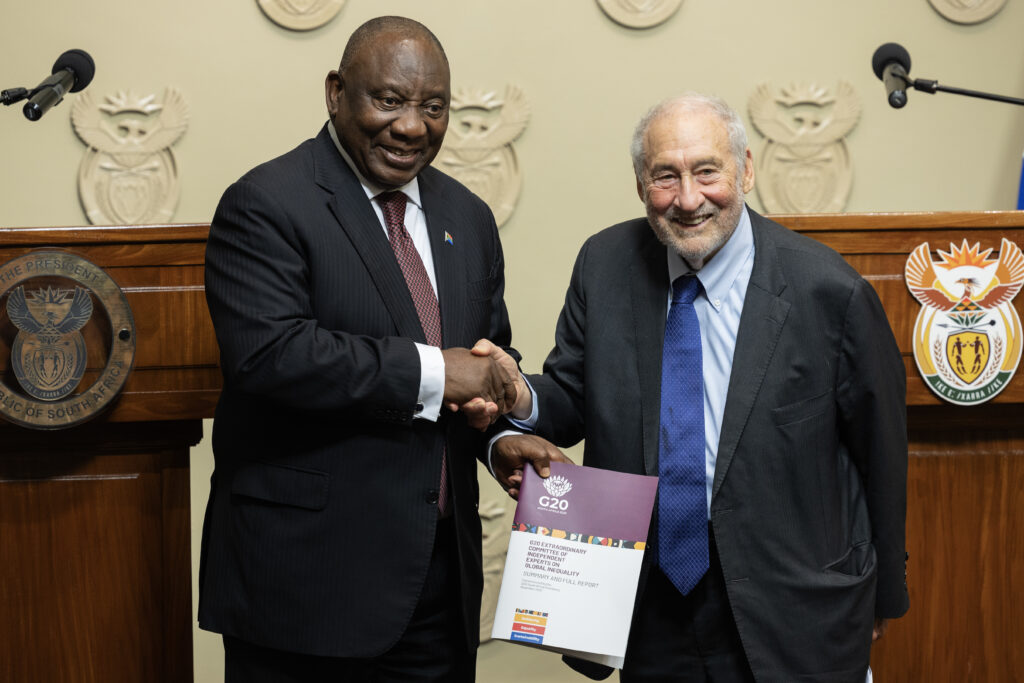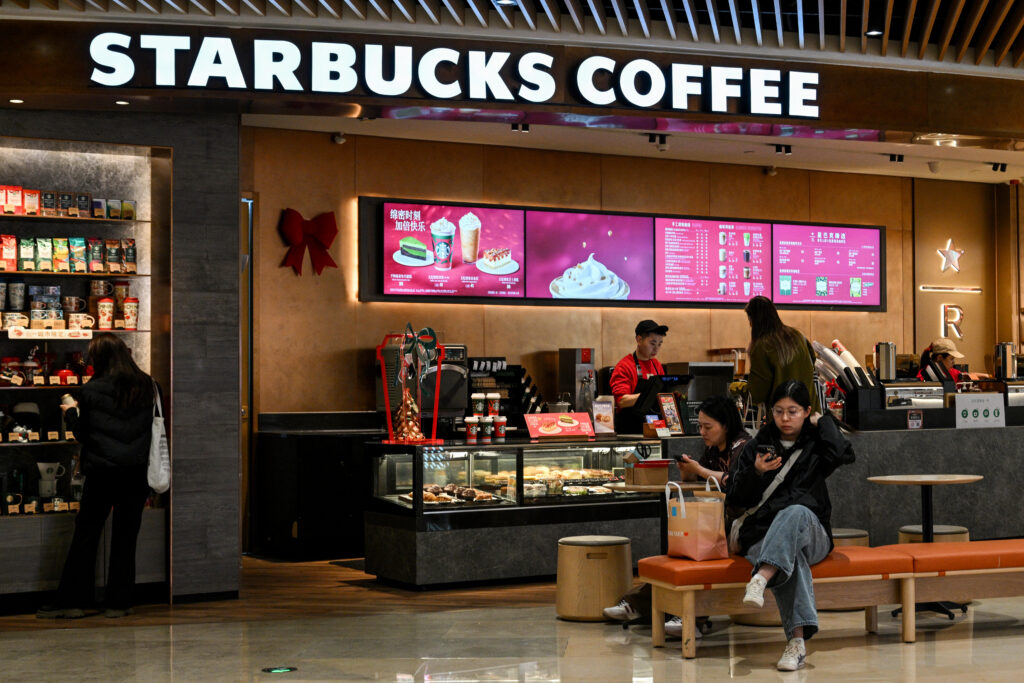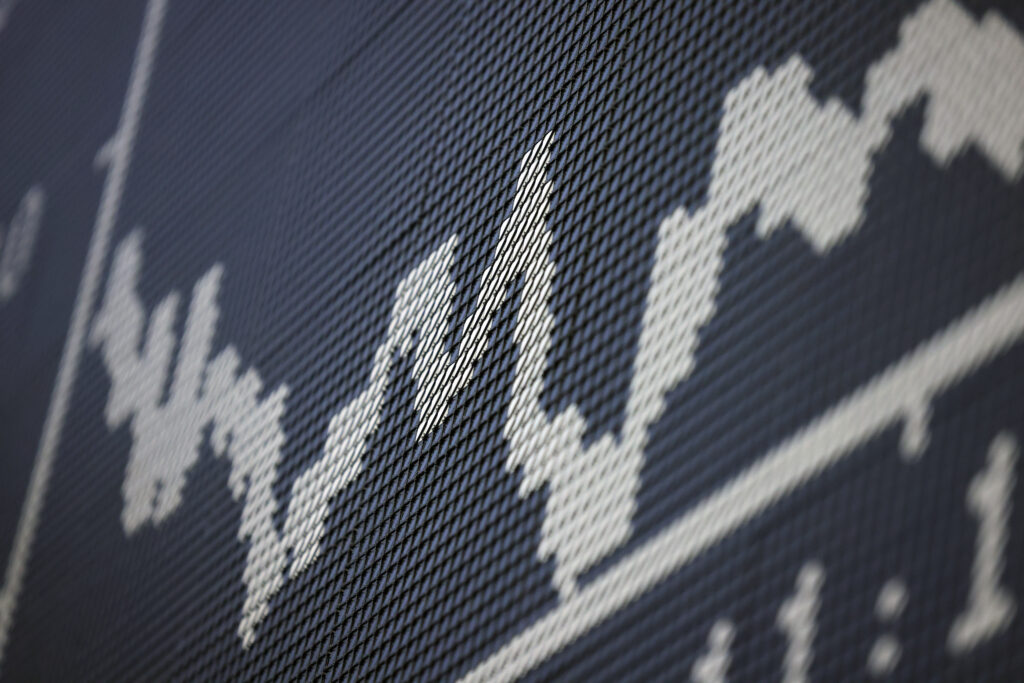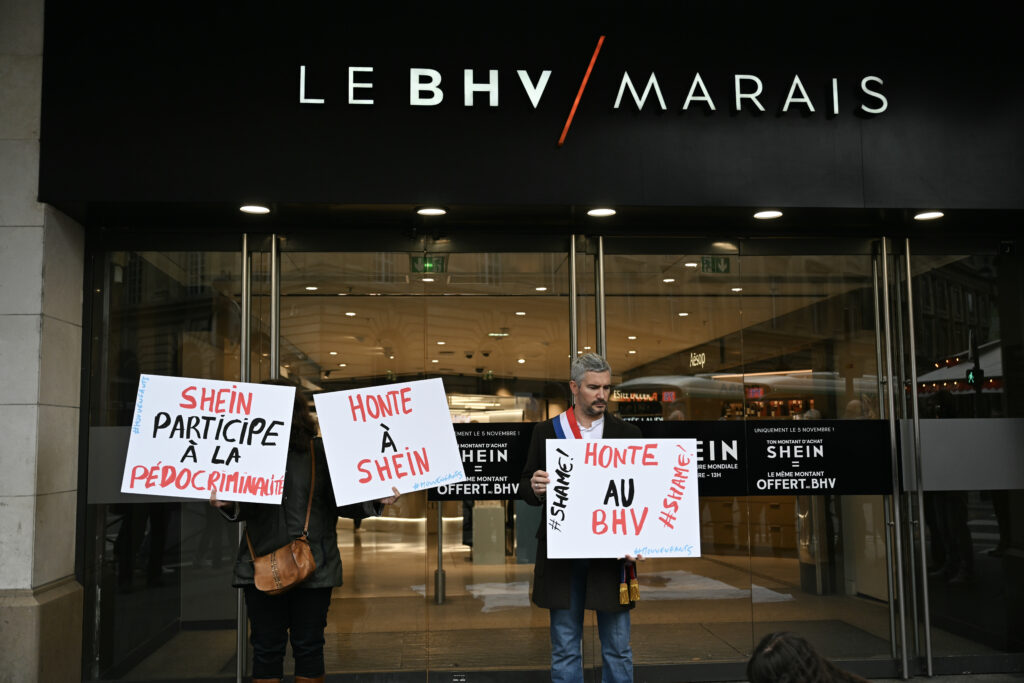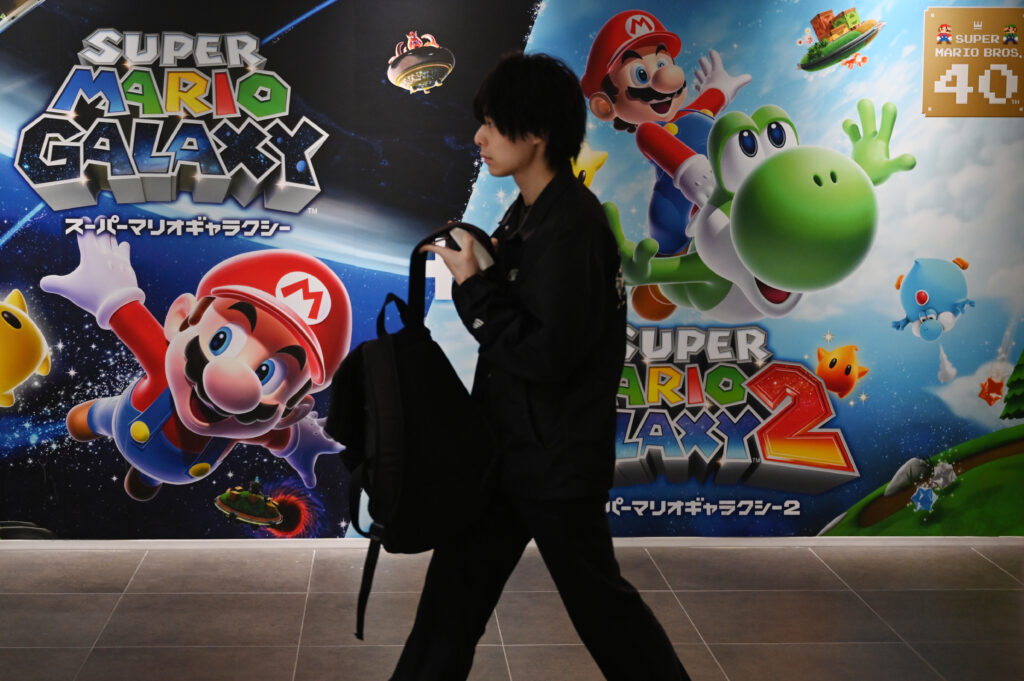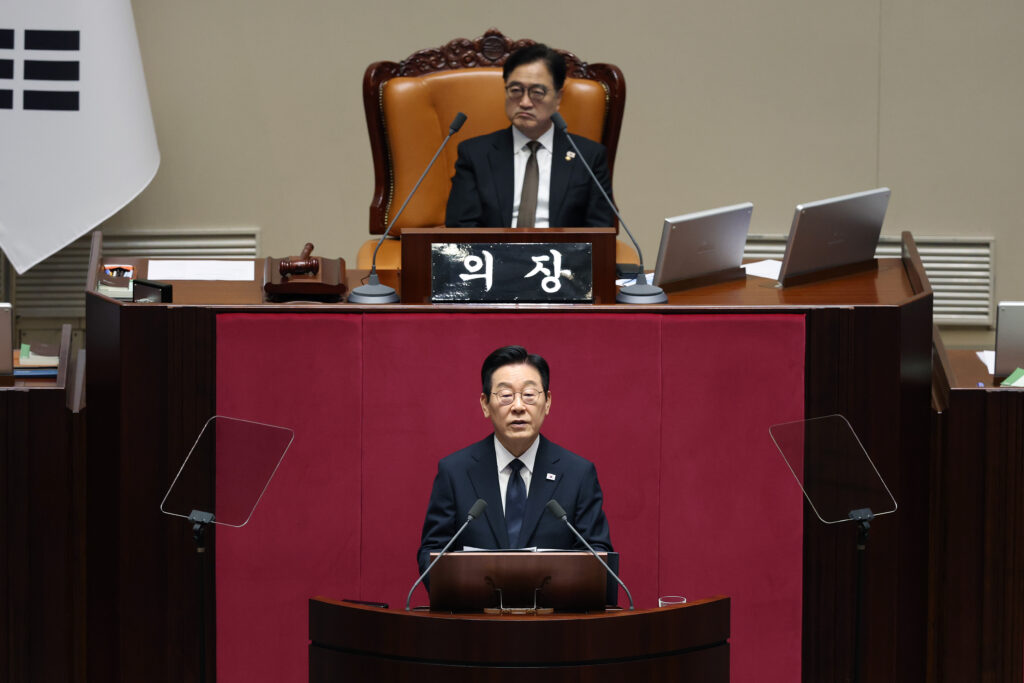Experts call for global panel to tackle ‘inequality crisis’
Wealth inequality is a global emergency that threatens democracy and social cohesion, experts warned Tuesday, urging G20 leaders meeting in South Africa this month to establish a panel to tackle the crisis.The “inequality emergency” is leaving billions hungry and could worsen under the Trump administration’s “law of the jungle” approach to trade, a committee led by Nobel Prize-winning economist Joseph Stiglitz said in a new report.The proposed panel on inequality was inspired by the UN’s expert Intergovernmental Panel on Climate Change (IPCC), which analyses the risks of global warming and proposes solutions.”Inequality is a choice. It is something we can do something about,” Stiglitz said at a briefing where he handed the report to President Cyril Ramaphosa.Representing 85 percent of global GDP, the Group of 20 (G20) leading economies is “very influential in setting the international rules of the game” that could tackle the problem, the professor said. South Africa — ranked by the World Bank as the most unequal country in the world — hosts G20 leaders on November 22 and 23 as it wraps up its year as president, a first for an African nation.”With this report, we have clear actions that we can take … to reduce inequality,” Ramaphosa said. “It is now up to us and as leaders of the G20 and the leaders of the world to demonstrate the necessary will and commitment,” he said.- Undermining cohesion -The report “correctly asserts that inequality is in many ways a betrayal of the dignity of people. It is an impediment to inclusive growth and a threat democracy itself”, the South African president said.The findings included that between 2000 and 2024, one percent of the world’s population captured 41 percent of all new wealth, of which just one percent went to the poorest 50 percent.”One in four people worldwide now regularly skip meals, whilst billionaire wealth has now hit the highest level in history,” according to the report.While income inequality between individuals declined in recent decades, largely due to economic development in China, there had been a major increase in inherited wealth, with $70 trillion expected to be handed down to heirs in the coming 10 years.”The world understands that we have a climate emergency; it’s time we recognise that we face an inequality emergency too,” Stiglitz said in a statement before the briefing.”It isn’t just unfair and undermining societal cohesion — it’s a problem for our economy and our politics too,” he said.The proposed International Panel on Inequality would analyse all aspects of inequality — from land ownership to tax avoidance — and inform policymaking.Measures to tackle the problem included fair taxation of multinational corporations and the very wealthy, breaking up monopolies, stabilising prices and restructuring the debt of highly indebted countries.- ‘Law of the jungle’ – The report warned that US policies, including the imposition of tariffs on trading partners, risked increasing inequality.”This new world, in which the powerful break rules with impunity and we move away from a rules-based international order towards a ‘law of the jungle’, could entrench unequal exchange, investment and technology patterns,” it said.”Inequality erodes trust in institutions, fuels political polarisation, can reduce participation among poorer citizens and residents, and creates social tensions of different kinds.”Stiglitz told reporters he did not expect Washington, the next G20 president, to back the proposal for an equality panel but “hopefully a majority of countries would eventually join in”.With relations between South Africa and the United States hitting new lows this year, Trump has indicated that he would not attend the Johannesburg summit.
